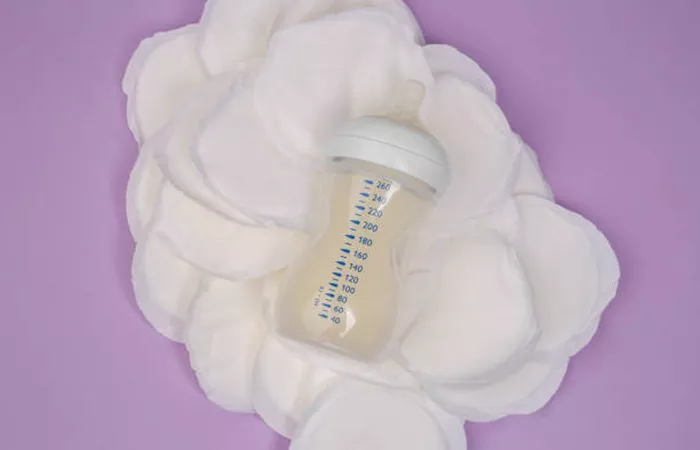Biomedical engineers at USC have developed a groundbreaking smart lactation pad that can measure a variety of chemicals in breast milk in real time, offering a new tool to improve maternal and child health. This innovation could address key challenges in lactation health, such as nutritional deficiencies, mastitis, and the transfer of medications through milk.
The pad features tiny microfluidic channels that guide breast milk to electrochemical sensors, which measure health markers such as glucose and acetaminophen levels. This technology allows new parents to track essential data about their health and their baby’s well-being without additional hassle. The pads are discreet, soft, and positioned naturally for easy collection of milk.
Researchers believe these smart pads could help prevent harmful drug exposure. For instance, acetaminophen, commonly used by postpartum mothers, can transfer to babies through breastfeeding. The new smart pads measure acetaminophen levels, allowing mothers to make informed decisions, such as whether to pump and discard milk containing medication.
“After having my daughter, I wished there was a way to monitor how much Tylenol was transferring to her, as it can be harmful to infants’ livers,” said doctoral candidate Melissa Banks. This insight led to the development of the smart lactation pads, which offer real-time data to the user’s smartphone via a portable detector similar to a glucometer.
The technology was tested with human milk samples to ensure accuracy and functionality through varying milk compositions, from colostrum to mature milk. The USC team has filed a provisional patent and is exploring more biomarkers, including glucose, which is crucial for infant brain development and mothers with gestational diabetes.
Currently, parents have to rely on expensive, delayed lab tests, which may not be feasible for ongoing monitoring. The smart lactation pads aim to offer an accessible, affordable solution, meeting the needs of parents with metabolic concerns or other health challenges.
“We are one step closer to providing affordable, real-time health data for mothers, and we will continue to expand the capabilities of this technology,” said Maral Mousavi, senior author of the study.
The research was funded by organizations such as the 3M Non-Tenured Faculty Award and USC’s Women in Science and Engineering program.
Related topics:


